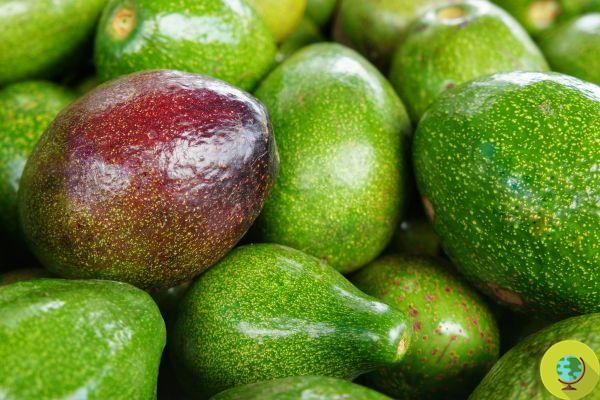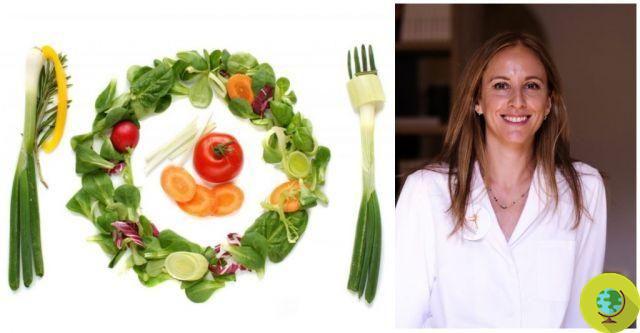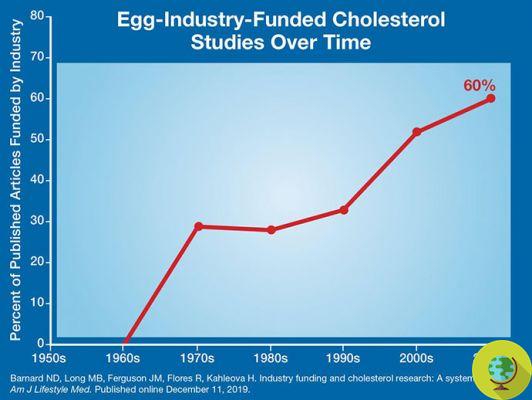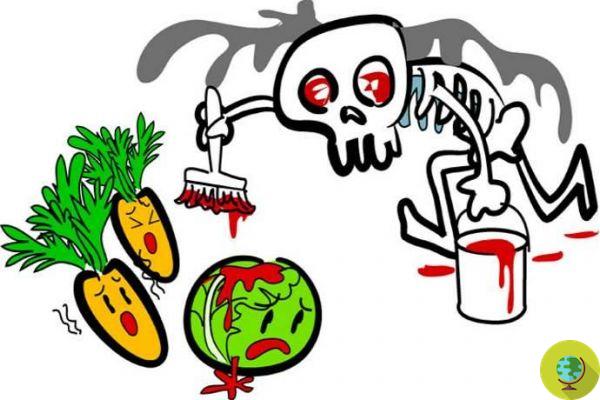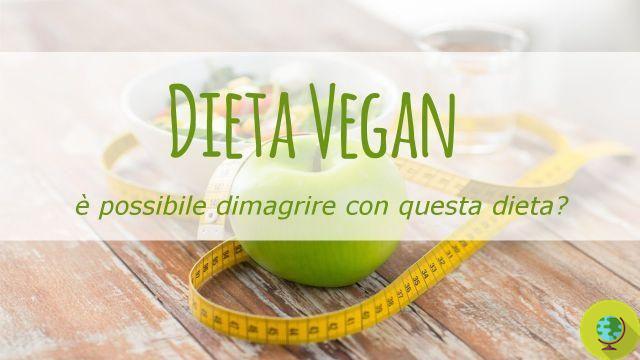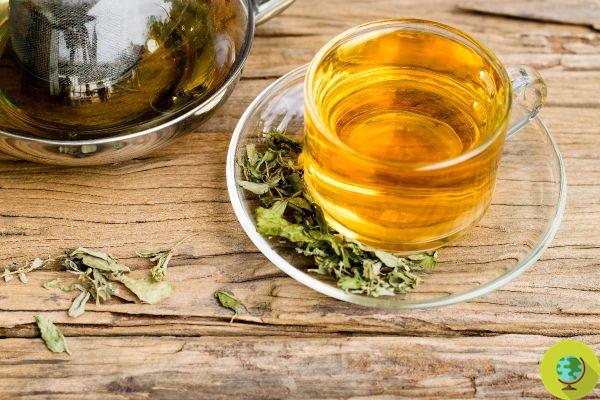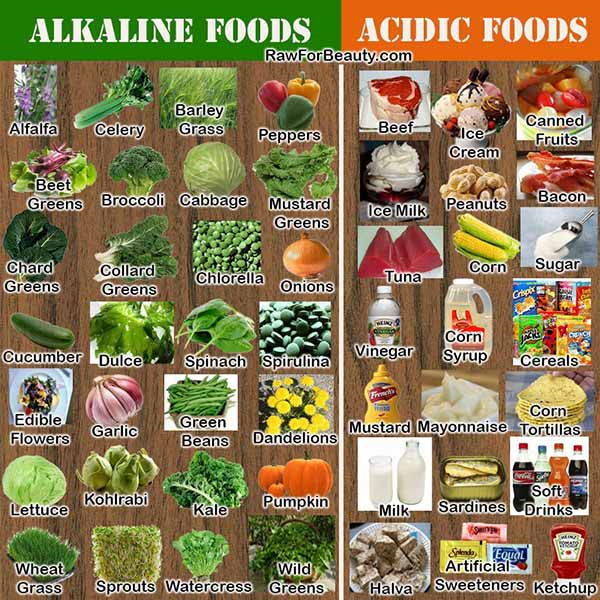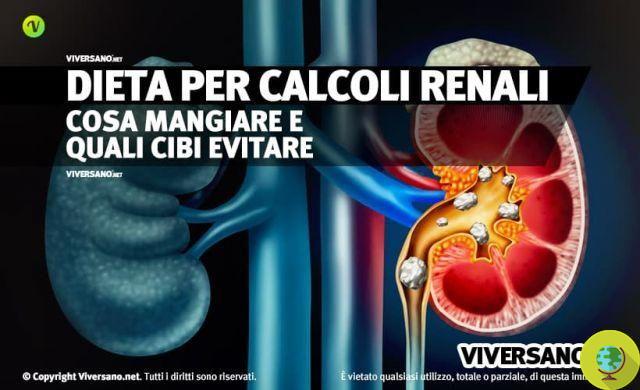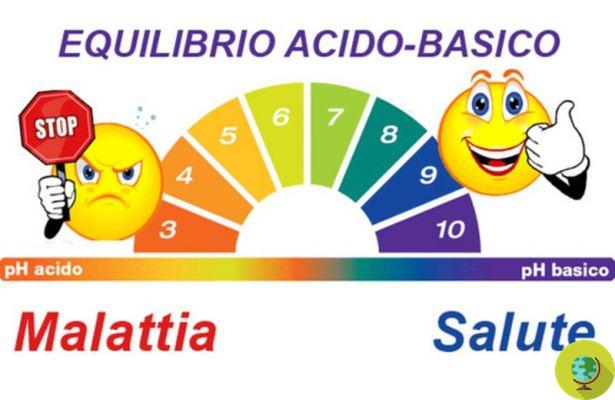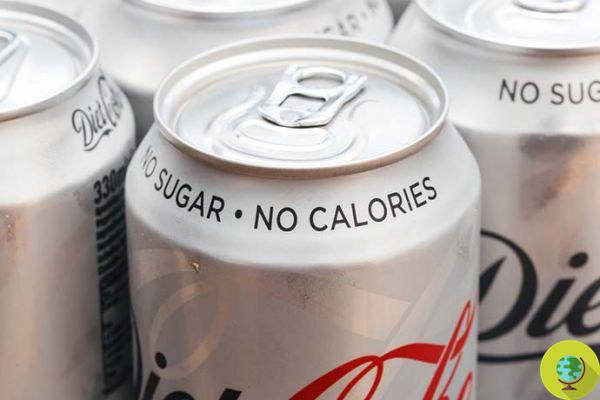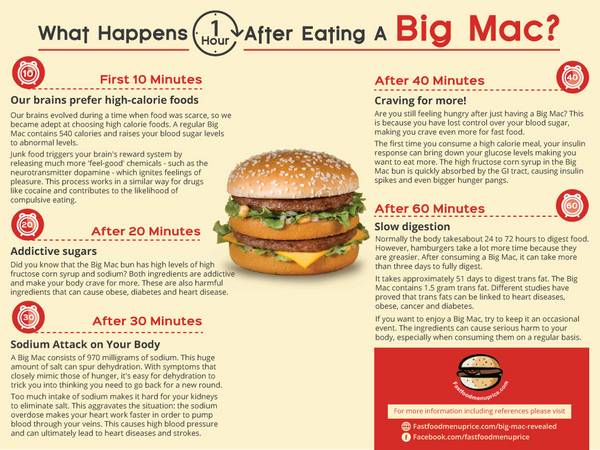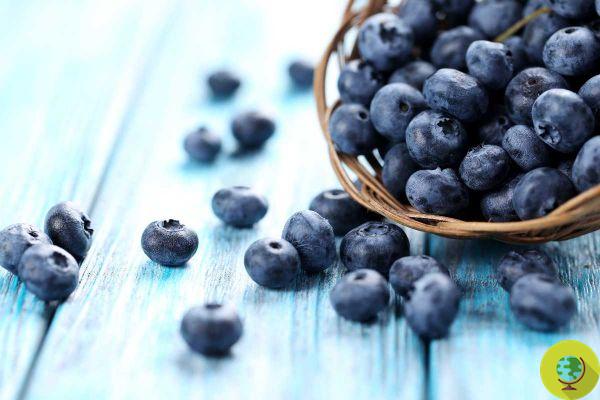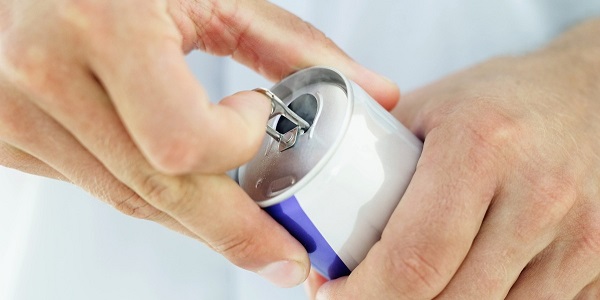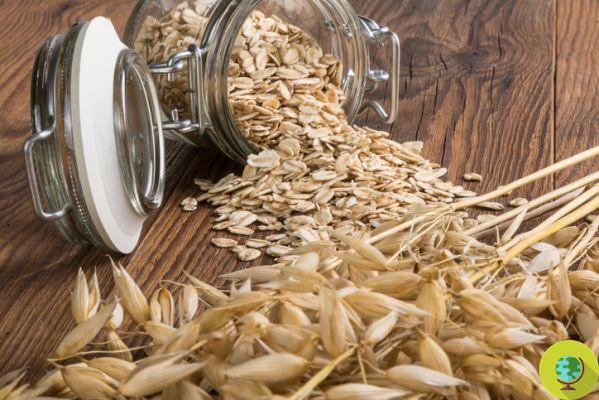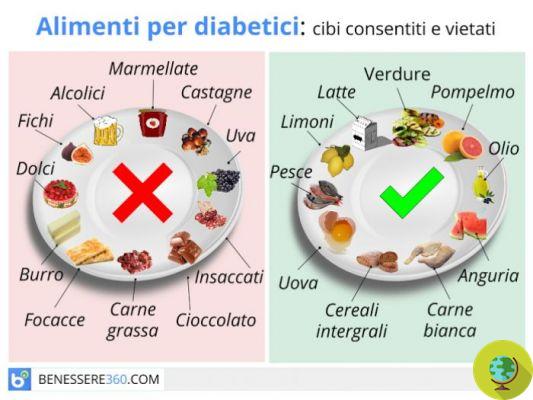EFSA has completed the comprehensive assessment on the safety of sugars in food, recalling the possible effects on health. An important starting point for updating future EU consumer recommendations
Don't store avocado like this: it's dangerousFor years the scientific world has been wondering about the effects that sugars have on our health. In recent weeks, the experts of the European Food Safety Authority (EFSA) have completed the assessment on the safety of sugars, arriving at a conclusion that perhaps, for us discerning consumers, is already taken for granted: their intake should be limited to a minimum.
A thorny topic that we have talked about several times and on which it is difficult to reach an unambiguous conclusion, at least in terms of the daily sugar "dose" not to be exceeded, if you want to avoid health problems. Read also: How much sugar can we take per day so as not to cause health problems? Even scientists cannot agree
Now EFSA, in this assessment which could become the basis for updating the sugar recommendations of the health authorities of the various EU countries, shows that it no longer has doubts.
As Dominique Turck, chair of the EFSA Human Nutrition Expert Group, leading the new sugar assessment, said:
We have come to the conclusion that, in a nutritionally correct diet, the intake of added sugars and free sugars should be as low as possible, which is already in line with current recommendations. Although the original objective of this evaluation was, the scientific evidence did not allow us to establish the maximum tolerable intake level for sugars in human nutrition.
The problem of indications on the quantity not to be exceeded, however, remains. As Professor Turck states, in fact, it is not possible to establish the tolerable threshold valid for all.
But the recommendation to limit added sugars to a minimum is certainly worth considering, especially when we are tempted to add a little more sugar to our coffee, drink a fruit juice or eat an extra slice of cake.
The issue is complex because, as EFSA points out, our diet includes different categories and sources of sugars, which can be natural or added. In particular, we should be concerned about "added sugars" which are refined but also "free sugars" which include both those naturally present in honey, syrups, fruit and vegetable juices and concentrated juices, and "added sugars".
In fact, we must also consider the total sugars consumed during the day, regardless of the category to which they belong.
In this infographic edited by EFSA it is very clear how sugars are classified.
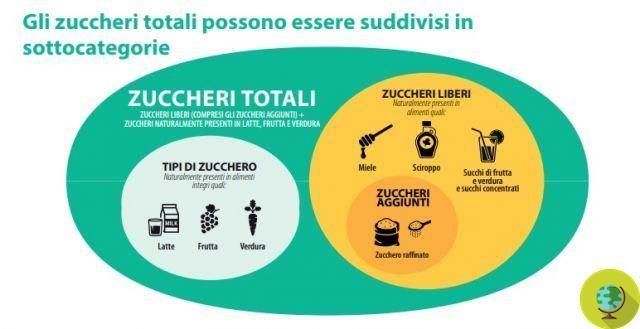
@Efsa
As EFSA writes:
The valuable input received during last year's public consultation on the draft opinion helped our scientists refine and clarify important aspects of the study.
What is clearer now about the harms of sugar?
First of all it is certain that the consumption of sugar causes dental caries but:
The evidence also links - with varying degrees of certainty - the consumption of sugary drinks, juices and nectars with various chronic metabolic diseases including obesity, non-alcoholic fatty liver disease and type 2 diabetes.
Then there is the discussion of which foods should be considered in the calculation of the total sugars we consume during the day:
Although we have not been able to assess their intakes, other foods should also be considered by national authorities when setting nutritional guidelines on the basis of the various foods. Due to the scarcity of data it was not possible to assess the impact of these other important sources of sugar intake, i.e. sweets, cakes and desserts, other sugary drinks such as sweetened milk, smoothies and yogurt.
In practice, most of the foods that contribute most to sugar intake were not considered. So think how much more severe the opinion could have been if their contribution had also been analyzed.
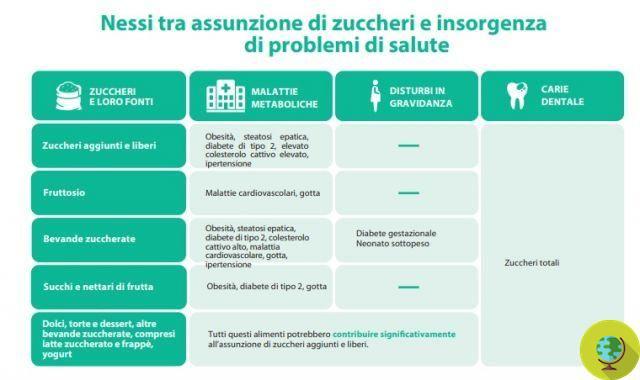
©EFSA
However, there are still several doubts that will be dispelled with further research. As Professor Turck stated:
We have underlined that there are, however, elements of uncertainty regarding the risk of chronic diseases for those whose consumption of added and free sugars is less than 10% of their total caloric intake. This is due to the paucity of dose studies in this area of consumption.
However, the indication is clear: we limit the added and free sugars in our diet to a minimum, waiting for further studies to establish in the future a maximum tolerable intake level for sugars in the diet. As the EFSA expert hopes:
Research should focus on both the health effects of dietary sugars and the impact of community-based clinical interventions designed to reduce sugar intake. Finally, validated methods are needed to assess intakes, standardization of guidelines and definitions for dietary sugars and their sources.
Follow your Telegram | Instagram | Facebook | TikTok | Youtube
Source: Efsa
Read also:
- Too much sugar hidden in food and drink, 5 tricks to find it (and avoid it)
- Refined sugar: 10 scientifically proven reasons to limit its consumption
- Do you have a sugar addiction? 10 signs to identify her and keys to fight her
- How to detox from sugar step by step
- Sugar? As toxic and harmful as smoking and alcohol




